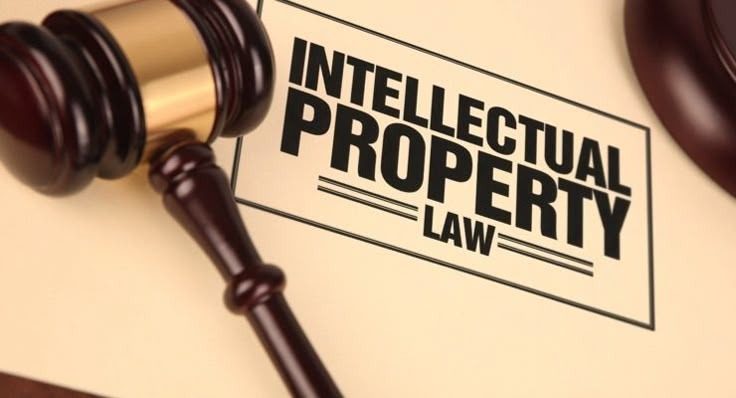Contact Us Today For Your Legal Needs, Call (212) 920-4890

Small and mid-sized tech companies build valuable assets daily, including original software, internal tools, unique branding, and customer data models. These assets are intellectual property, and they drive a competitive edge in the tech space. The problem? Too many SMEs delay or overlook legal protection until it’s too late.
In the real world, the difference between leading and losing often comes down to who legally owns the IP behind the product. SMEs can’t afford to let their ideas go unnoticed or, worse, copied by larger players with more legal muscle.
Here’s why protecting your IP should be a priority now, not later.
Tech companies often focus on product features and customer acquisition, but they miss the legal value sitting in their source code, branding, and internal systems. These assets are legally protectable, but only if you take steps to lock them down.
Your IP might include:
Once something unique is created, it’s not automatically protected in a way that holds up legally. You need to register, license, or assign ownership properly.
That’s where an intellectual property lawyer comes in. A lawyer focused on IP can help identify what’s protectable and how to secure it without wasting time or filing unnecessary paperwork.
Tech companies often prioritize speed. Ship fast, iterate, grow. But that same pace makes it easy to lose track of ownership. If you’re using contractors, collaborating with freelancers, or iterating in open-source tools, you may not legally own what you think you do.
A missed IP assignment can delay a partnership or force you to rewrite parts of your product. Even worse, if someone else claims rights to a part of your platform, you could face takedown requests, licensing fees, or change your brand entirely.
Early-stage companies and SMEs don’t always have the legal structure to avoid these traps. That’s why a freelance IP licensing lawyer can make a real difference. Instead of dealing with disputes after the fact, they help you build protection into your team workflow from the start.
IP is often a core part of the business model for tech SMEs. If your company licenses software to customers or integrates APIs from other vendors, you’re already in the licensing game. The question is: are the terms working for you or against you?
Licensing terms shape everything from customer usage limits to how much control you keep over your product. Misaligned terms can create legal headaches or expose your product to being copied under a different name.
A strong IP licensing lawyer will help draft, review, or renegotiate your licensing agreements to reflect how your product works. This includes things like:
Most SMEs don’t need a whole legal department to handle this. They just need someone with the right experience to structure agreements that match their growth goals.
Investors care about legal ownership. They want to know the company owns the software it claims to, the trademarks it’s promoting, and the systems it’s scaling. If they see gaps in IP protection, that’s a red flag.
Potential acquirers will look even closer. They want to avoid legal disputes or licensing issues after the deal closes. They might lower their offer or walk away if they spot weaknesses in how your IP is documented, registered, or assigned.
Working with an intellectual property lawyer early can help avoid these problems. They can align your IP documentation with what VCs and acquirers will expect to see.
And if you’re licensing out part of your platform or considering a partnership, having clear legal rights means you’re negotiating from a position of strength.
Some SMEs wait for growth or funding to become more urgent before tightening legal protection. The reality is that early mistakes are the hardest to fix later.
Here’s what that delay can cost:
Once your product is live, backtracking to fix ownership or licensing problems costs more money and time. It also signals to investors and partners that your operations aren’t fully aligned.
A freelance IP licensing lawyer can work with you in short, focused engagements to prevent these situations and build a smarter foundation.
You don’t need to register every idea or rewrite every contract to make progress. Start with:
If your SME is shipping fast and gaining traction, now’s the time to protect the IP that makes you competitive. I help founders and growing tech teams.
Uncommon Counsel is a hands-on IP licensing lawyer that can review your current IP status and put the right IP protection in place without slowing down growth. Let’s make sure your product is legally yours before someone else makes a claim.
Fill out the form below to schedule a 1-to-1 consultation call with me!